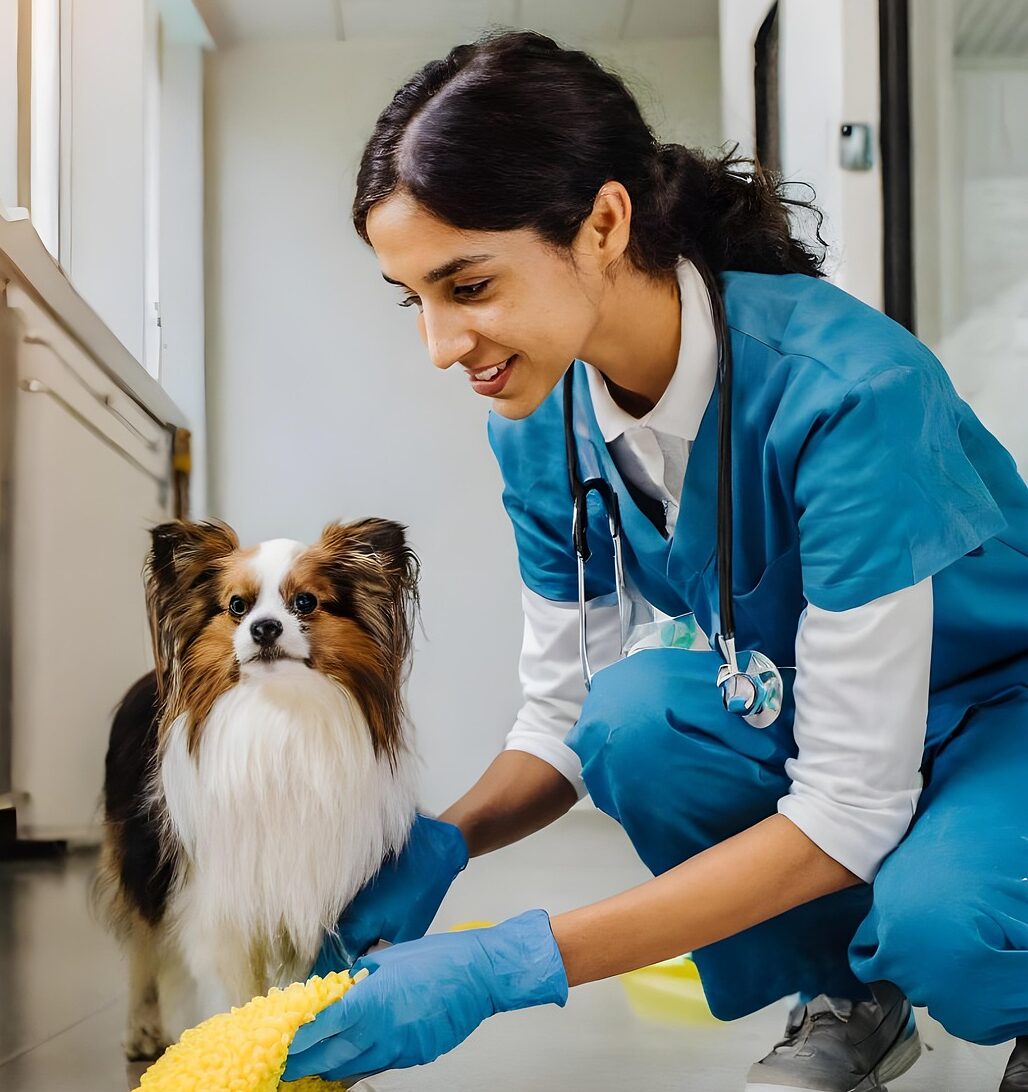Congratulations – you’ve landed your first veterinary position! That first role represents years of hard work finally paying off. The relief of getting hired after you graduate is huge, but after the initial excitement settles, you might find yourself wondering: “Do I really want to stay here?”
At NSV Recruitment, we get that early career decisions can feel pretty overwhelming. Your first veterinary position shapes not only your professional development but also how you’ll feel about your future as a vet. Here’s how to work out whether your current role is helping you grow or whether it might be time to explore what else is out there.
The Reality of First Positions
Let’s be honest: your first vet job probably won’t be perfect. Like any new relationship, there will be adjustment periods, learning curves, and moments when you question everything. This is completely normal. A 2020 study found that veterinary professionals get satisfaction mainly from meaningful work rather than big paychecks – but that meaningful work still needs to happen in a workplace that actually supports you.
The real question isn’t whether your job has challenges (it definitely will), but whether those challenges are helping you grow or holding you back.
Red Flags: When Your First Job Isn’t Working
Your Skills Aren’t Developing
Veterinary medicine moves fast, with new treatments and diagnostic tools appearing all the time. If your workplace seems stuck in the past or your clients consistently say no to recommended treatments, you might find your development stalling. As a new graduate, you need exposure to varied cases and current approaches to build both confidence and competence.
Patient Care Standards Are Slipping
Nothing knocks your confidence quite like working somewhere where you can’t rely on your colleagues to maintain proper standards. If you’re worried about the quality of care other team members provide, or you can’t trust them to follow through properly, that’s a problem. Your professional reputation is still being built – you need solid mentorship and reliable teamwork during these crucial early years.
The Workplace Culture Is Toxic
Unfortunately, some veterinary workplaces have seriously negative cultures filled with constant criticism, drama, or colleagues who undermine each other. For someone new to the profession, this can be particularly damaging, making you doubt your abilities and decisions when you’re still finding your feet. You need to feel psychologically safe to learn and grow – if that’s missing, it’s worth considering your options.
You’re Burning Out Already
If you consistently dread going to work, you’re experiencing stress-related physical symptoms, or you’re losing your love for veterinary medicine itself, these could be warning signs that your current situation isn’t sustainable. Early career burnout can seriously affect how you feel about the profession for years to come.
Green Flags: When It’s Worth Staying Put
Not every workplace challenge means you should pack up and leave. Some signs suggest your current position offers a solid foundation for growth:
- You’re getting useful feedback and proper mentorship
- You’re seeing diverse cases and having good learning experiences
- Your colleagues genuinely want to help you develop
- There are clear ways to advance your skills and take on more responsibility
- Management actually listens when you raise concerns
If these things are happening, it might be worth sticking it out through temporary frustrations while you build your professional foundation.
Your Skills Are in High Demand
Here’s some good news if you’re thinking about making a change: veterinary professionals are seriously in demand right now. Recent data shows incredibly favourable job market conditions, with multiple positions available for every job seeker across all veterinary roles. This pattern seems consistent internationally too, which means there are genuine opportunities out there for those ready to make a move.
This demand means you have options. You don’t need to stay somewhere that’s compromising your development or wellbeing just because you’re grateful to have got that first job.
Smart Ways to Make Your Next Move
If you’ve decided that change is needed, here are some approaches to consider:
Relief/Locum Work: This gives you some breathing room while letting you experience different practice environments. You’ll quickly learn what works for you professionally while keeping the income flowing and building varied experience.
Be Selective: Rather than jumping at the first opportunity that comes up, use what you’ve learned from your first job to identify what you actually want in a workplace. Being choosy leads to much better long-term satisfaction.
Focus on Development: Look specifically for positions that actively support continuing education, mentorship, and skill building.
Moving Forward with Confidence
About 23% of veterinary employees change jobs each year, so you’re definitely not alone if you decide to look elsewhere. Moving between positions in veterinary medicine is both common and completely acceptable professionally.
Remember that being loyal to your profession includes being loyal to your own development. If your current workplace isn’t supporting your growth as a veterinary professional, seeking change shows professional maturity, not disloyalty.
Your veterinary qualifications represent a massive personal investment and years of dedication. You deserve a professional environment that helps you keep developing and maintains your enthusiasm for this genuinely rewarding field.
Ready to explore what’s out there? Register here or contact us today – we specialise in connecting vets with jobs that work for them.








